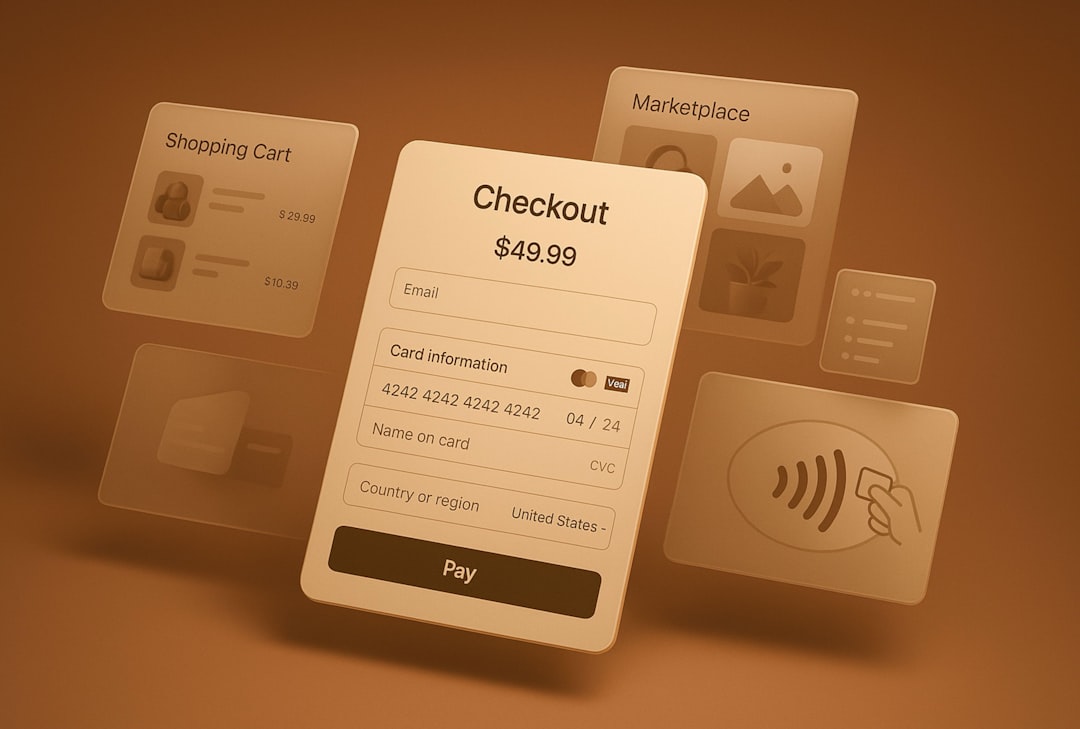The Psychology Behind Social Media Addiction: How to Strike a Healthy Balance
In today’s digital age, social media has become an integral part of our lives. Whether it’s scrolling through our Facebook feeds, endlessly scrolling through Instagram, or constantly checking our latest notifications on Twitter, social media has become addictive for many individuals. But have you ever stopped to think about why social media addiction occurs? And more importantly, how can we strike a healthy balance?
To understand the psychology behind social media addiction, we need to delve into the human mind. Our brains are wired to seek pleasure and rewards, and social media platforms have cleverly capitalized on this natural inclination. Every like, comment, or share triggers a release of feel-good neurotransmitters, such as dopamine, which creates a pleasurable sensation. This neurochemical reaction is what keeps us coming back for more, as we crave that sense of validation and social approval.
Furthermore, social media addiction is also fueled by the fear of missing out, commonly known as FOMO. When we see our friends and acquaintances having seemingly perfect lives on social media, we can’t help but feel left out or inadequate. This fear drives us to constantly check our accounts, fearing we might miss out on exciting news, events, or opportunities. This fear of missing out leads to addictive behavior as we become fixated on staying updated at all times.
However, as with any addiction, there are consequences. Spending excessive amounts of time on social media can lead to a decline in mental health and overall well-being. Studies have shown a correlation between excessive social media usage and feelings of loneliness, depression, and anxiety. Constantly comparing ourselves to others online can also have negative effects on our self-esteem, as we tend to highlight our own flaws and shortcomings. This vicious cycle of addiction and negative emotions can be detrimental to our mental health if left unchecked.
So, how can we strike a healthy balance and overcome social media addiction? Here are a few strategies:
1. Set Boundaries: Establish specific time limits for social media usage and stick to them. Consider using apps that track your screen time and send you reminders to take breaks.
2. Digital Detox: Take regular breaks from social media. Whether it’s a day, a weekend, or even a week-long break, disconnecting from social media can help reset your mind and reduce dependence.
3. Practice Mindfulness: Engage in activities that bring you joy and fulfillment in the real world. Spend time with loved ones, pursue hobbies, or simply enjoy the beauty of nature. Being present in the moment can help reduce the need for constant validation through social media.
4. Focus on Valuable Connections: Instead of seeking validation from strangers on the internet, prioritize cultivating genuine relationships with the people around you. Invest time and effort into maintaining real-life connections that bring joy and emotional support.
5. Self-reflection: Take time to reflect on your reasons for using social media. Are you using it as a distraction or a habit? Assessing your intentions and motivations can help you gain a better understanding of your relationship with social media.
Remember, striking a healthy balance with social media is essential for our overall well-being. While it may seem difficult at first to break free from the addiction, implementing these strategies can help us regain control over our digital lives. It’s all about being aware of the psychology behind social media addiction and consciously making choices that prioritize our mental health and personal growth. So, take a step back from the virtual world and create a healthier, happier reality.












